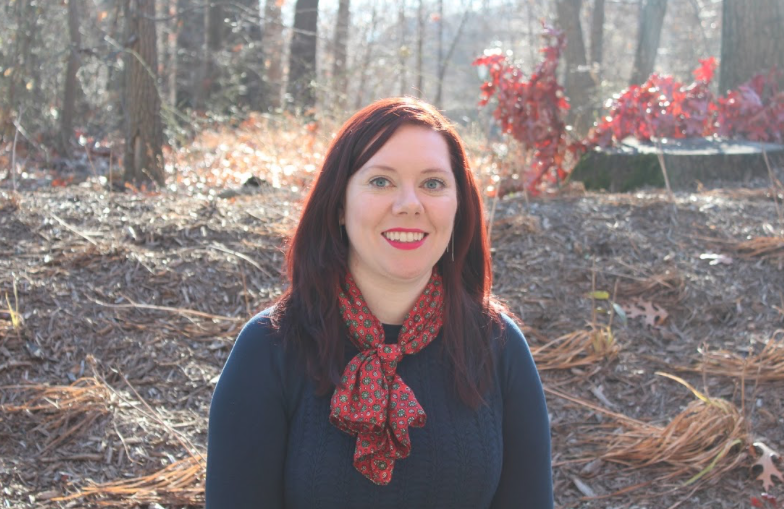
“You need to keep writing concise, keep it to the point and sometimes that’s difficult to do when you have all these ideas, or you have all these kind of scientific processes that you want to talk about. But one of the things things I think has really helped me as I go through this process is just thinking: what are the key points that I need to communicate? And if I just wanted somebody to read one page about this or I wanted them to take away one point, what would be the most important thing? And that’s really hard, but I think that’s really the kind of key feedback that I’ve received from external partners in our community and practitioner partners. Actually, one of my favorite pieces of advice from a police commander was, “what does my officer on the street need to know at 2 in the morning?” And even if I’m writing for an academic journal, I’m often writing about projects that have practical implications. So I’ve always kind of kept that in mind, you know, what does this mean to the person on the street at 2 a.m.? Whether it’s a potential victim of crime, whether it’s a police officer, whether it’s a potential offender? What can somebody take away from this in terms of how to prevent crime or how to stop these opportunities?”
Charlotte Gill is an Assistant Professor in the Department of Criminology, Law, and Society.
